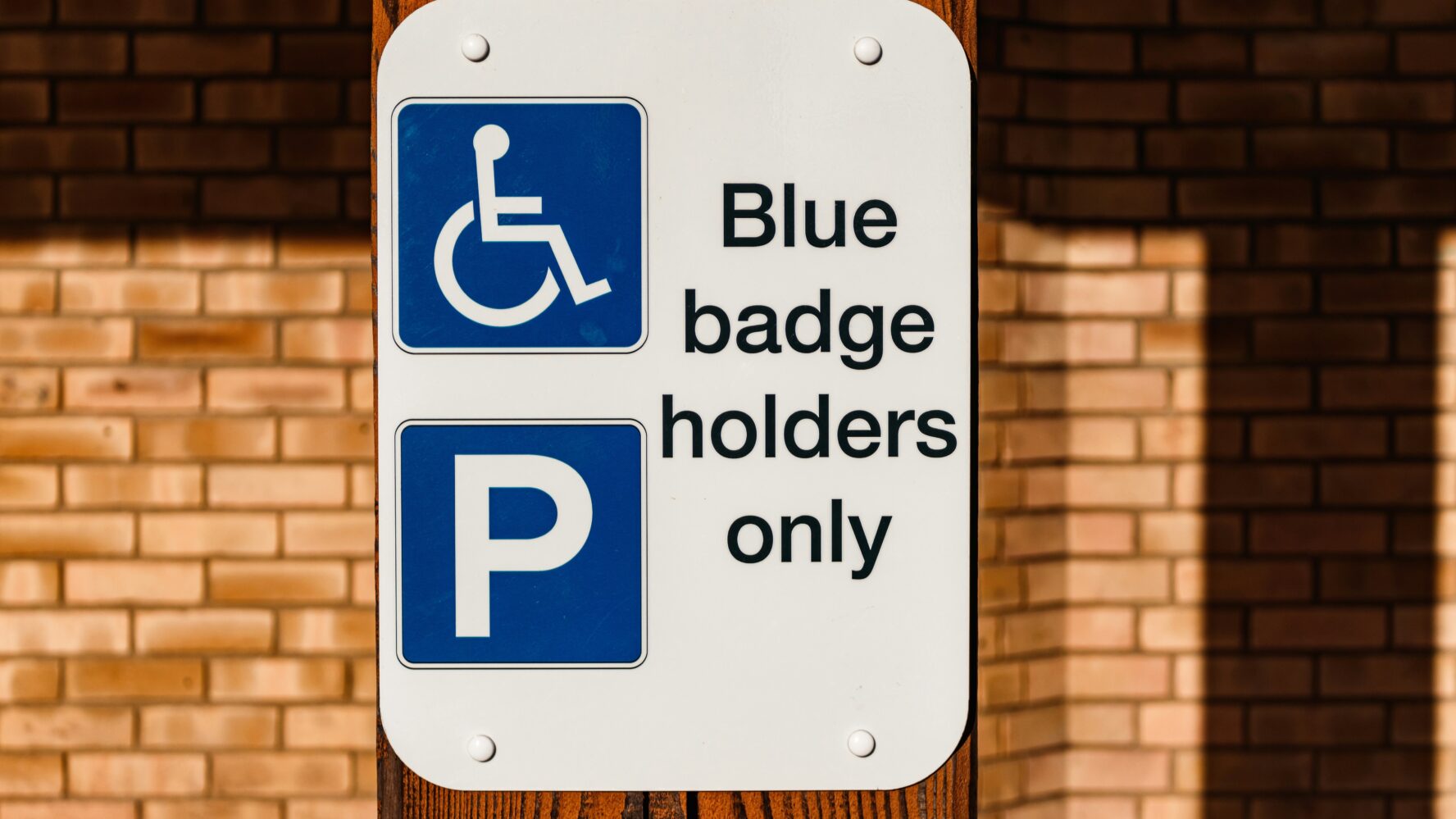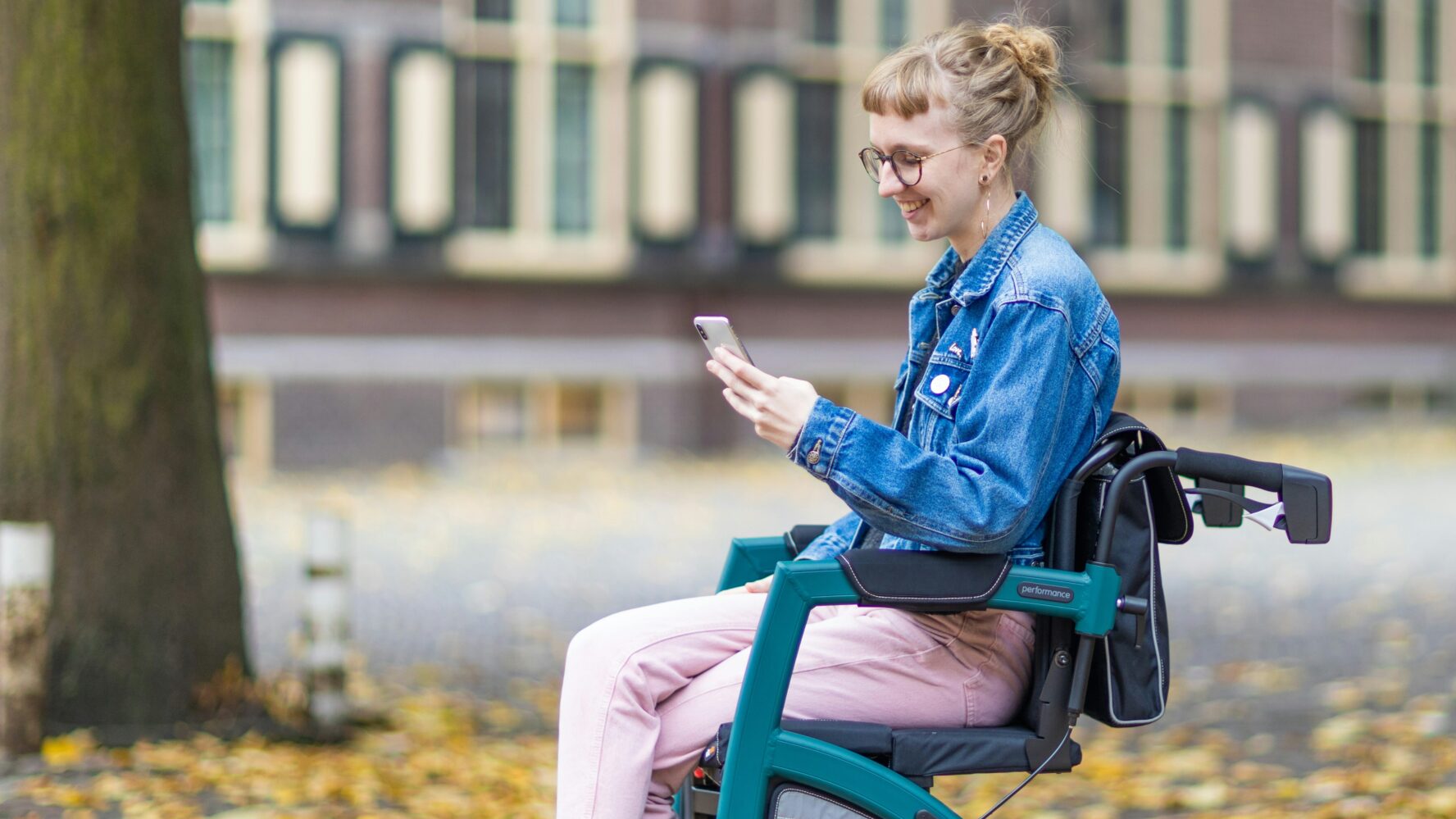
Disclaimer: This content was true at the time of writing, but may now have changed.
Life can bring unexpected costs, and for disabled people and their families, there are often extra expenses that come with managing a health condition or disability – an average extra cost of £1,095. But there’s good news! There are some helpful schemes out there that offer disability discounts and PIP freebies, helping your money to go that little bit further. They can make everyday activities, family days out and travel much easier and more affordable.
Discounted days out
Everyone deserves to enjoy hobbies and visit their favourite places. For disabled people who are perhaps struggling to afford these things, here are some key schemes that can help make your days out a bit more affordable:
CEA card (for the cinema)
The CEA Card allows disabled guests to access a free ticket for a companion to go with you to the cinema each time you visit. Accepted by 90% of cinemas across the UK, and available to anyone who meets the eligibility criteria, it costs just £6.50 for a year. This means you can enjoy a film with a friend or family member, making your trip more affordable. Apply for your CEA card here.
Theatre and concert access schemes
Many theatres and concert venues across the UK offer access schemes which offer support for disabled theatre-goers or concert attendees. This can include discounted or free tickets for a companion, wheelchair or step-free seating, and help from staff members during your visit. Joining usually involves filling in a form about your access needs, and providing some evidence (like a Blue Badge, disabled railcard or PIP award letter) to support your application.
You can usually find details of your local theatre or concert venue’s access scheme directly on their websites. In some cases, the scheme will cover a whole region so you won’t have to sign up for each venue separately. And many are covered by schemes such as ATG, who have an Access Membership Scheme that applies to many venues around the UK.
The Access Card
The Access Card is a simple way to show your disability and what help you might need, and places all over the UK accept it. This means you won’t have to explain your condition each time you visit, making it easier to get the support or discounts you need, like a free ticket for a companion (depending on the venue). You can also use their app to find a directory of venues that accept an access card.
Merlin Ride Access Pass (for Merlin theme parks)
The Merlin Ride Access Pass can be used at various Merlin attractions across the UK. It may entitle you to a free carer ticket, and can help disabled guests who aren’t able to stand in a ride queue for a long period of time, such as those who are ambulant disabled or have a hidden disability. It gives you access to a ‘virtual’ queuing system, meaning that you can come back to the ride at a later time and skip the queue. Keep in mind that you have to apply for the pass at least seven days before your planned visit to the theme park.
Max Card (for families)
The Max Card is a discount card for families of SEND and looked-after children. It helps families save money on days out across different venues across the UK. Check your local council’s SEND Local Offer website for information on how to apply in your area.
Hynt scheme (Wales)
Hynt is a national access scheme for participating venues in Wales, with an aim to make arts and culture more accessible. It offers free carer tickets where eligible, listings of accessible performances (like autism-friendly events) and access information for venues.

Travel
Getting out and about, whether it’s for appointments, work or just to see friends and family, can sometimes be a challenge. But there’s help available to make your journeys simpler and cheaper:
Disabled Person’s Railcard
The Disabled Person’s Railcard gives you ⅓ off selected adult rail travel, and is valid at any time of the day without time restrictions. It costs £20 for the railcard, and could save you money if you often travel or are booking a more expensive train journey. If you have a carer, they can also get a discount if they’ll be travelling with you for your full journey. See if you’re eligible and apply here.
Disabled person’s bus pass
A disabled person’s bus pass is generally allowed to be used during off-peak times, and gives you free travel across many bus routes in England. To apply, contact your local council to see who issues the bus pass in your area.
Special assistance at airports
Special assistance can help make your airport experience as stress-free as possible. It can help with things like:
A dedicated queue for security
Boarding the airplane safely
Taking you through the airport
Transfer from the car park to your terminal
It’s important to check with the airport or airline you’re flying with about the process of getting special assistance. You may need to let them know in advance of your flight and give them information about any accessibility needs you have, such as if you’re a wheelchair user.
If you’re ambulant disabled and not sure if you need special assistance, you could still get in touch with them to ask them how far the walk will be to through the airport to your gate and whether there are steps to climb. You may also be able to pre-board if you’re disabled (e.g. if you’re Autistic) and sunflower lanyards are widely recognised too, so could make it easier to get assistance.
National Express’ Disabled Coachcard
National Express’ Disabled Coachcard costs £15 and lets you travel at a cheaper cost, as you’ll save 1/3 on standard and fully flexible fares, even at peak times. You can also get £15 mid-week day returns on Tuesdays, Wednesdays and Thursdays. If you plan on travelling and need assistance, contact them before your journey to get help with things like getting onto the coach, using onboard manual wheelchairs and using the passenger lift.

Vehicle-related discounts
Having a vehicle can be a key part of your wellbeing and giving you independence; there’s support out there to make driving or being a passenger more affordable and convenient for you if you’re disabled:
Car tax
Many disabled drivers are exempt from paying Vehicle Excise Duty (also known as car tax or road tax). This applies if you get the standard rate of the mobility component of Personal Independence Payment/PIP (or the Adult Disability Payment if you live in Scotland). You could also get a 50% discount, depending on your eligibility.
Motability scheme
The Motability Scheme is a way to lease a new car, scooter or powered wheelchair if you receive certain disability benefits, such as the enhanced rate of PIP. Bear in mind that when you lease a new vehicle, usually for three years, payments are taken directly from your disability entitlement. It includes insurance, breakdown assistance, servicing and maintenance, making motoring much more straightforward. It’s also worth remembering that if someone’s PIP gets taken away or lowered, you will get the car or aid taken away as it is a lease.
This scheme can be a real lifeline for getting around safely and giving you more freedom if you’re disabled, but it’s worth knowing that you could have to pay an advance payment or deposit for the vehicle.
Blue badge parking
A Blue Badge is a parking permit that lets disabled people park closer to their destination. It’s a hugely valuable tool for getting out and about more easily and can save you time and stress when looking for parking. You don’t have to own a car to have a blue badge; you can use it if you’ll be a passenger too.
Your blue badge may let you park in certain areas for free, such as:
On streets with parking meters or pay-and-display machines
In disabled parking bays on streets
On double or single yellow lines for up to three hours (unless you see a ‘no loading’ sign), although it could be different for some local councils
It’s important to remember that every local council is different, and different rules may apply near you. If you’re on a day out, make sure you check the venue’s parking regulations, as you may still have to pay.
Free toll charges
In some specific locations listed here, disabled people may be exempt from paying road toll charges. This often applies to major crossings, bridges or tunnels that have a toll. Eligibility usually asks you to have a Blue Badge and register your vehicle for exemption with the specific toll operator. It’s not nationwide, but if you regularly use a tolled route, it’s definitely worth checking the rules for that specific crossing to save you some money.

For the home
Managing a household comes with many expenses and extra challenges, and for those with disabilities or caring responsibilities, extra support can make a real difference. This section explores valuable discounts and services available to help ease the burden of household costs and make sure your needs are met at home.
Council Tax discounts
If your home has been adapted to meet the needs of a disabled person living there, you might be able to get a Council Tax discount (if you live in England or Wales). This is called the ‘disabled band reduction scheme’. If you need extra space for a wheelchair or a second bathroom for the disabled person, your Council Tax bill might be reduced.
If you’re severely mentally impaired, you’ll get a full discount if you live on your own, and if other adults in your household either qualify as severely mentally impaired or are full-time students.
TV licence discount
If you’re registered as severely sight impaired or blind, you’ll be eligible for a 50% discount on your TV licence. This can save you a significant amount each year. You can apply for this discount on the TV licensing website and will need to provide evidence to confirm that you’re certified as blind.
Priority Services Register
If you’re disabled or need extra support, you may qualify for your energy or water suppliers’ Priority Services Registers – free support systems run by utility companies and network providers for people who need extra support because of their circumstances. There are three types of PSRs: water suppliers, energy suppliers and the energy network operators.
Once you’ve signed up, your utility and network providers can tailor their services. This can include anything from advanced warnings of service interruptions, to extra communications support for vulnerable people and those with accessibility or additional needs.
Disabled Facilities Grants
Living with a disability can mean your home needs to adapt to you. If you need to make changes to your home, such as installing ramps, accessible bathrooms, or adapted heating controls, your local council may offer a Disabled Facilities Grant to help make these adjustments. You can apply here.

Discounts for carers
To help ease financial pressures and give access to a range of perks, several valuable discount schemes are available for carers:
CarerSmart is a partner of the Carers Trust. It’s free to join, and offers discounts on holidays, activities, days out and more.
You may also be eligible for a National Carers Card, which costs £20 and gives proof that you’re a carer. It can provide easier access for you and the person you care for at venues, give carer tickets and concessions and discounts when shopping online.
It’s also worth noting that while the National Carers Card can be very useful, you might not need it for all venues or days out. Some places will accept the disabled person’s proof of disability, such as their PIP (Personal Independence Payment) letter, to grant carer concessions. But, it’s always best to check with the specific venue or place you’re visiting beforehand, as some may still ask for direct proof of your carer status, like a Carer’s Allowance letter, to give discounts.

Support for students
Higher education should be accessible to all, and for students with disabilities or additional needs, various financial support options are available to help cover extra study-related costs:
Disabled Students’ Allowance
The Disabled Students’ Allowance (DSA) is a non-repayable grant designed to help cover the extra study-related costs you may have because of a disability, long-term health condition, mental health problem or specific learning difficulty. Unlike student loans, it doesn’t need to be paid back and is not based on your household income.
Free grants
The Student Health Association gives between £25-£500 to help with extra costs that you might have if you’re a disabled student and studying a university level degree. You’ll need to provide evidence of your disability to apply for the funding, such as a supporting medical letter, outcome of a Disabled Students’ Application, or medical summary from your NHS app.
There are other reputable trusts, such as the Snowdon Trust, that give grants to students, however they are currently working through a backlog of applications, so it’s worth checking their website from 2026 for eligibility.

Where to get more financial support
As well as exploring PIP freebies and disability discounts, there are more useful tools out there to help you find even more support.















